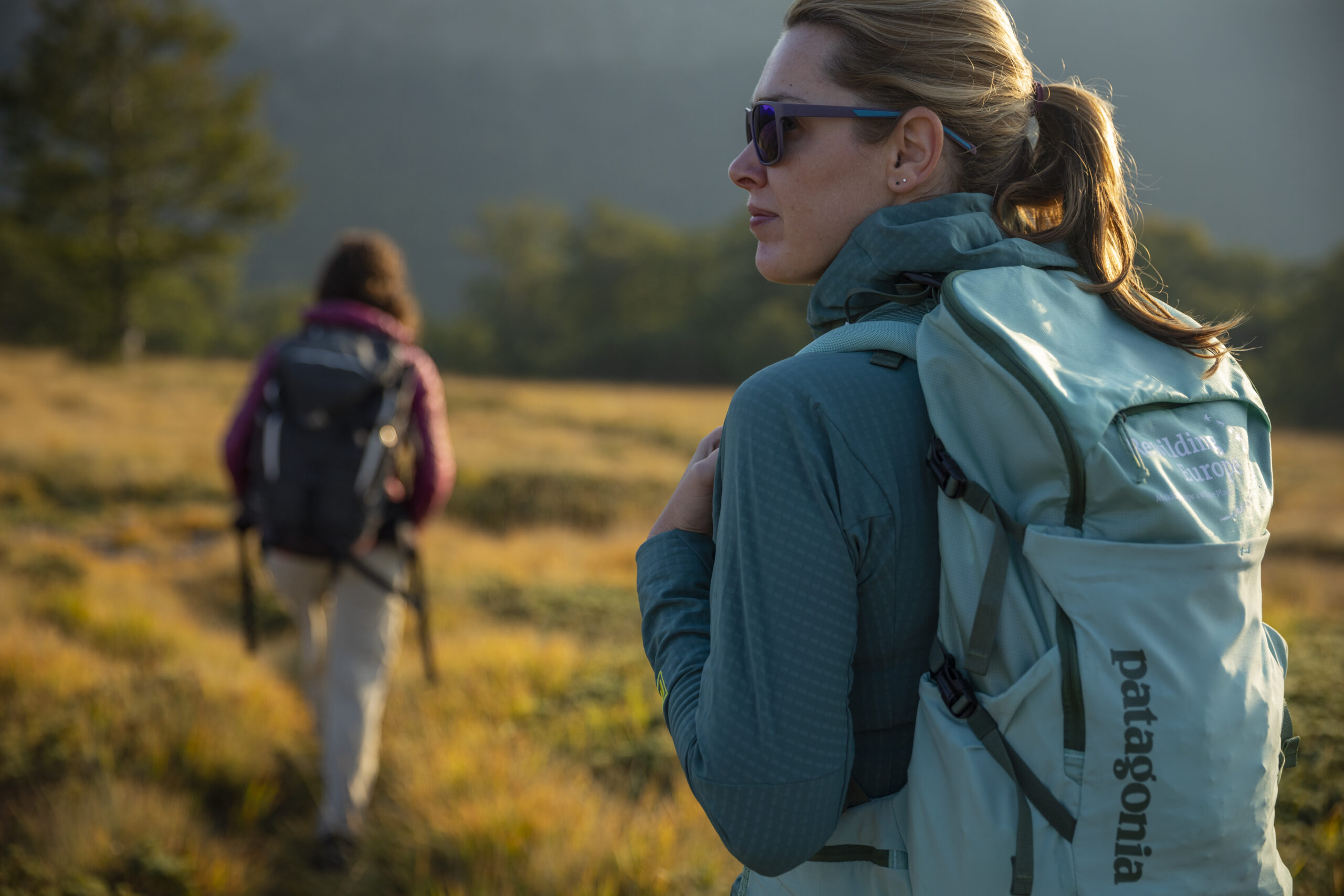Aukje van Gerven is responsible for organising and the co-creator and of Rewilding Europe’s rewilding tourism trainings. Here, she talks about the Greater Côa Valley, the initiatives developed so far and the potential of this territory.

Tell us a bit about your work with Rewilding Tourism Trainings – what is it all about and how does it add value to the rewilding approach?
Rewilding Training Tourism is a training programme focused on developing and upskilling the entrepreneurial, guiding and hospitality segment of Europe’s nature tourism sector. With this programme, we aim to professionalise and scale up nature-based tourism in Europe. It is designed for guides, hospitality and tourism entrepreneurs, and other tourism professionals in and outside rewilding areas. Providing comprehensive rewilding and tourism training, it incorporates Rewilding Europe’s best practices. Through this training, we can improve the rewilding knowledge amongst nature-based tourism entrepreneurs & operators, which has a direct impact on the rewilding movement.
What is the impact Rewilding Tourism Training can have on local operators?
Rewilding Training Tourism helps local operators to enhance their perspective on the significant outreach potential of rewilding as a new conservation movement. We incorporate hospitality and guide training techniques and practices which will equip them with the skills and knowledge necessary to deliver meaningful and memorable experiences to guests and visitors.
How can themed trainings such as the ones focused on the Iberian wolf currently being carried out through the LIFE WolFlux project benefit the conservation of this threatened species?
Both aspiring and more experienced guides can directly learn about the biology, behaviour and natural habitat of this threatened species, meaning they will be well equipped to act responsibly when they encounter the species and build sustainable wildlife tourism products around it when it returns in larger numbers to the area. Knowing how to behave responsibly when taking guests into an area where they are active, is incredibly important for the conservation of the Iberian wolf and we think this training will give the guides a great baseline from where they can act as custodians for the species.
How do you see the evolution of touristic offers in the Greater Côa Valley in the last couple of years?
I’ve seen the local tourism entrepreneurs embrace the idea of rewilding, and what it could mean for their businesses. With the training we place great emphasis on including hospitality, storytelling, gastronomy and including local communities into the tourism experiences an entrepreneur offers, and I see that this is slowly taking root. The development of knowledgeable and skilled guides is also noticeable.
What is the role of nature and rewilding tourism in developing local nature-based economies?
In the Greater Côa Valley, nature is one of the biggest assets for the local economy. The training will show how an inclusive, sustainable approach to rewilding tourism is beneficial to both people and nature. Dynamic and contemporary wildlife and nature-based businesses can benefit local societies by creating new economic opportunities that are more closely tied to natural environments.
In the future, what would you like to see happen in the Greater Côa Valley region?
The Greater Côa Valley has it all. Culture, nature, cuisine. I would love to see a wider range and more diversity in interesting and nature-based accommodation options. I feel that with the Rewilding Training Tourism and LIFE WolFlux guide programmes, we have trained many local guides & entrepreneurs in rewilding and responsible wildlife tourism. If these highly trained and skilled guides come together with these new accommodation options, and the area’s natural culture and gastronomy, there is no limit to a wide range of sustainable tourism experiences in the Greater Côa Valley!